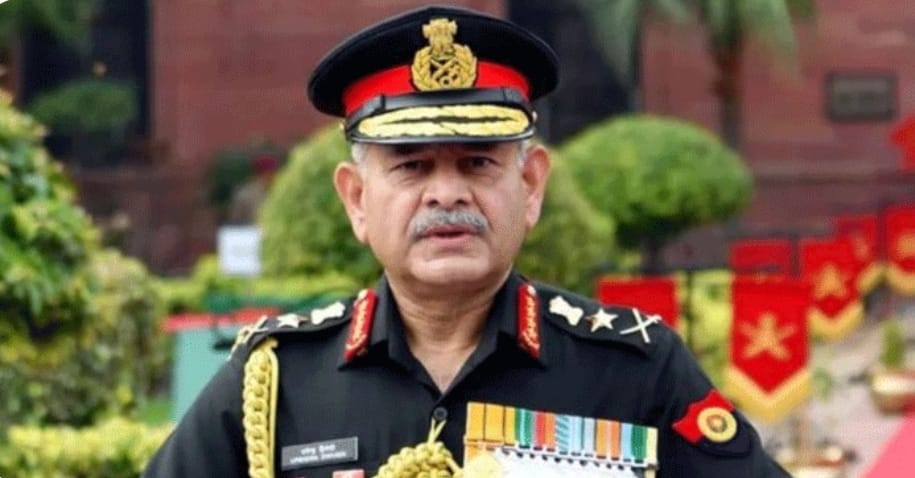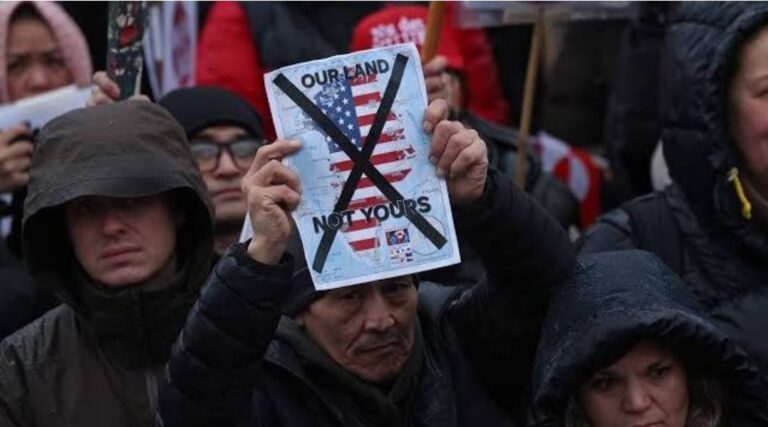
Hardy’s Warning to Pakistan Sparks Global Attention
🪖 Did Army Chief Hardy Warn Pakistan in Operation Sandor’s Second Phase?

Operation Sandor’s Second Phase Begins
The second phase of Operation Sandor has officially begun, and it’s already making global headlines. The operation, initially launched to strengthen regional security and counter extremism, has entered a more aggressive stage. However, what caught international attention was Army Chief Hardy’s warning to Pakistan, which stirred serious discussion among political and defense circles.
According to military sources, Operation Sandor Phase 2 focuses on eliminating border threats, improving intelligence coordination, and ensuring territorial stability. Yet, Hardy’s statement to Pakistan suggested a deeper strategic motive behind the operation — one that extends beyond defense into geopolitical signaling.
Hardy’s Stern Warning to Pakistan
During a recent press briefing, Army Chief Hardy stated that Pakistan should “act responsibly and avoid actions that could invite consequences.” This direct warning from Hardy to Pakistan immediately spread across international media, sparking debates over its implications.
Analysts believe Hardy’s statement was a calculated message — not necessarily a declaration of aggression, but a move to assert regional dominance. His tone reflected confidence, underlining that Operation Sandor is not just a security mission but also a strategic deterrent against any hostile action.
Pakistan’s Measured Response
Following Hardy’s warning, Pakistan’s foreign ministry adopted a diplomatic but firm stance. Officials reiterated that Pakistan seeks peace and regional stability, but it will defend its sovereignty if threatened. The message was clear: Pakistan prefers dialogue but remains ready for defense.
Social media platforms in Pakistan saw thousands of reactions to Operation Sandor and Hardy’s remarks. Many users viewed the warning as unnecessary aggression, while others urged calm and diplomacy. This reflects the deep sensitivity of regional relations, where even words can trigger international concern.
Regional and Global Impact
The expansion of Operation Sandor’s second phase and Hardy’s bold statement are now being closely monitored by neighboring countries and global organizations. Regional observers warn that rising military tension between two powerful nations could disturb South Asian stability.
International institutions such as the United Nations and European Union have urged both sides to exercise restraint and engage in peaceful dialogue. The situation underscores the fragile balance of power in the region — one that could easily shift with a single military or political misstep.
Technological Edge in Operation Sandor
One of the most notable aspects of Operation Sandor Phase 2 is its technological advancement. Sources report that the operation now includes AI-driven drones, satellite surveillance, and real-time intelligence networks. These developments mark a significant leap in modern warfare tactics.
Under Army Chief Hardy’s leadership, the military has embraced innovation to enhance operational precision and minimize human risk. This modernization is seen as part of Hardy’s long-term vision to make his army technologically superior in the region.
Diplomacy, Deterrence, or Domination?
Experts are divided on the true intent behind Hardy’s warning to Pakistan. Some argue it was an act of diplomatic deterrence — meant to maintain balance through psychological strength rather than force. Others interpret it as a signal of dominance, a clear indication that Hardy intends to establish strategic control in the region.
Regardless of interpretation, Hardy’s words have already influenced the geopolitical landscape. His statement not only demonstrated military readiness but also emphasized that his nation would not hesitate to respond to any perceived threat.
Hope for Dialogue Amid Tension
Despite the sharp rhetoric, analysts still see an opportunity for diplomacy. Both countries understand that prolonged conflict benefits no one. The second phase of Operation Sandor could either lead to heightened confrontation or serve as a platform for renewed negotiation.
Observers emphasize that peace remains achievable if dialogue replaces escalation. Regional stability depends on mutual understanding and respect for sovereignty — principles that both sides claim to uphold.
Conclusion
The unfolding of Operation Sandor’s second phase has reshaped regional politics. Army Chief Hardy’s warning to Pakistan has added intensity to an already complex situation. Whether it was a move of deterrence or an assertion of power, one thing is clear — the world is watching closely.
In this high-stakes environment, every statement carries weight, and every decision could redefine the future of South Asian security. As Operation Sandor continues, the balance between diplomacy and defense will determine whether this moment becomes a path to peace or the start of a new standoff.





